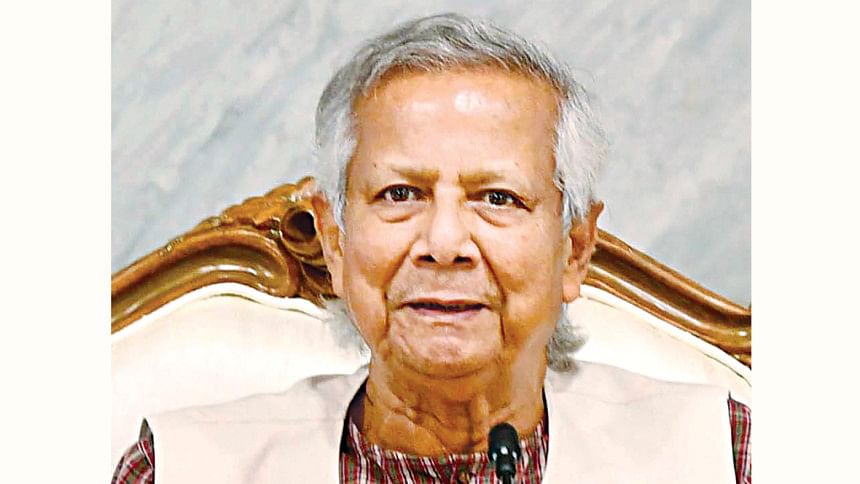
Dr. Yunus Orders Police to Ensure Women's Safety
In a decisive move to address the pervasive issue of violence against women, Chief Adviser Dr. Muhammad Yunus has directed law enforcement agencies to implement robust measures ensuring women’s safety and security of women across Bangladesh. This initiative comes in the wake of alarming statistics and recent incidents that have underscored the urgency of tackling gender-based violence.
A recent survey conducted by the Bangladesh Bureau of Statistics (BBS) and the United Nations Population Fund (UNFPA) revealed that 70% of women in Bangladesh have experienced intimate partner violence (IPV) at some point in their lives. The “Violence Against Women Survey 2024” highlighted that more than half of the women reported experiencing physical or sexual violence by their husbands, with 16% facing such violence in the past 12 months. These figures are particularly concerning in disaster-prone areas, where women are at a higher risk of IPV.
Despite the high prevalence of IPV, around 64% of women who experienced violence never disclosed it to anyone. Factors contributing to this silence include concerns about family reputation, fears about their children’s future, and the normalization of such violence.
In response to these findings, Dr. Yunus has mandated the establishment of a centralized command center to monitor the law and order situation nationwide. He emphasized the need for law enforcement agencies to be more accessible and responsive to women’s safety concerns. One of the key initiatives includes the implementation of an online system for filing First Information Reports (FIRs), allowing victims to report incidents without the need to visit police stations physically.
Dr. Yunus has also called for the strengthening of all security and law enforcement agencies to restore public trust. He emphasized the importance of adopting cutting-edge technology to bolster the capabilities of security forces, ensuring rapid responses to emerging situations and better coordination among agencies.
The urgency of these measures is underscored by recent incidents that have brought the issue of women’s safety to the forefront. For instance, in Cox’s Bazar, an altercation at an air force base led to violence when a resident was detained for lacking proper documentation for his motorbike. As tensions rose, about 200 locals advanced on the base, resulting in a clash where military personnel were injured and blank rounds fired. Reports indicate one civilian killed and several injured. The incident highlights concerns over escalating mob justice and deteriorating law and order.
The initiative has garnered support from various quarters, including international organizations and community leaders. The UNFPA has expressed its commitment to working with the Bangladesh government to implement the survey findings into legal frameworks, policy reforms, and national planning efforts. Additionally, there is a focus on strengthening support services for survivors and expanding prevention initiatives through a coordinated, multi-sectoral approach.
Dr. Yunus’s directives mark a significant step towards addressing the deeply rooted issue of violence against women in Bangladesh. By enhancing the responsiveness and accountability of law enforcement agencies, implementing technological solutions for reporting incidents, and fostering community support, the initiative aims to create a safer environment for women. Continued efforts and collaborations at all levels of society will be essential to effect lasting change and ensure that women’s safety is upheld as a fundamental right.
